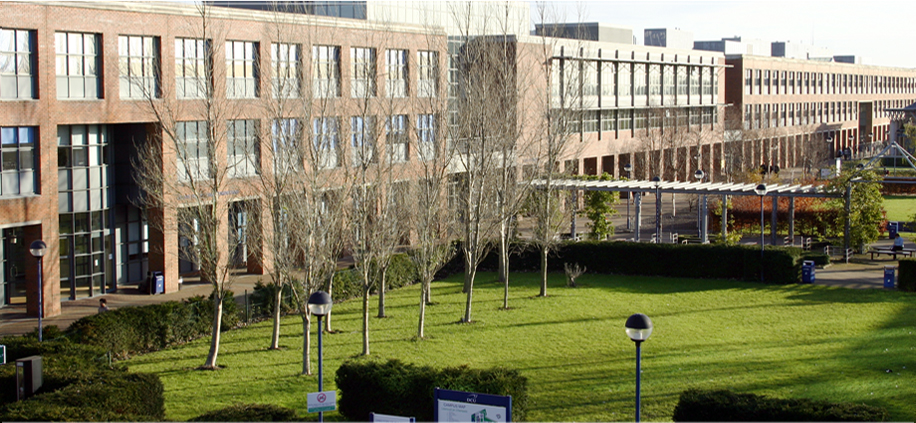Dublin City University (DCU) is to lead a new two-year project to reduce bullying fuelled by prejudice against people with disabilities.
The project, named DisAbuse aims to promote equality for those with a disability or special needs. It brings together experts from Ireland and European universities such as Fondazione Mondo Digitale in Rome, the University Institute of Lisbon and the University of Murcia.
A 2007 Mencap study found, that people living with disabilities are three times more likely to suffer from bullying than their peers. It also found that 82% of people with a disability or special needs suffered from bullying, with 60% experiencing physical abuse.
Professor Mona O’Moore, former head of education at Trinity College Dublin (TCD) said that disablist bullying includes being called names, being left out, being spat at, kicked and being the target of graffiti.
DisAbuse aims to provide a cross-national insight into research, policy and practice as well as providing courses on tackling disablist bullying for teachers and professional trainers. It will support teachers and professionals on how to deal with specific issues involving bullying a publish an online database of all the research completed.
Speaking to Trinity News about the project, Lian McGuire, a researcher at the Anti-Building Centre (ABC) in DCU said: “ DisAbuse is founded on the need to not only provide support for individuals in bullying situations, but to draw on the voices and experiences of those individuals, to better empower them to speak up for themselves, fostering resilience so they can better cope with these situations without being dependent on others.”
McGuire stated that it is important to include people who have been bullied in the past, “to help them learn to address/cope with difficult situations like bullying by themselves, and to that end the innovative nature of the project, brings together experts from across Europe to share best practice in a variety of fields (bullying, pedagogical methodologies, IT development, accessibility evaluation) to create something that they have a voice in.”







